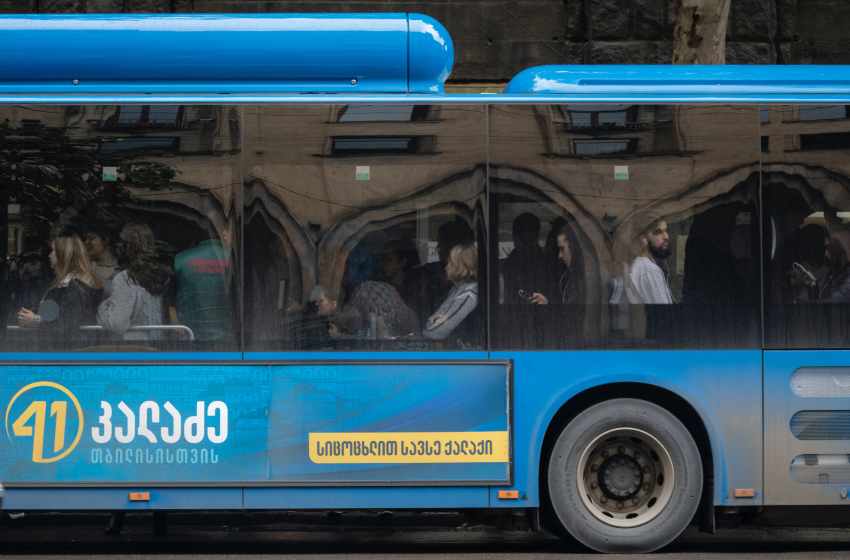Sociology, put simply, is the study of the society. The vast field of study of sociology helps us understand the dynamics that govern and affect human behavior, relations and attitude towards his society and components of it. The study of sociology broadly falls under four categories – social structure (family, education, stratification, etc), social systems (cultural identity, agents of social control, etc), social institutions (political, military, economic, medical, penal, etc), and social issues (crime, unemployment, poverty, illiteracy etc).
Students interested in sociology, should know of its various components and areas of society that it tries to explain.
Economics – Analyzes economic phenomena and processes, like class relations. Economic sociology can be clubbed with socio-economics, where the focus is on social changes caused by economic changes.
Culture – Sociology explains the cultural practices, norms and ritualistic traditions, and thus their relationship with power. It is a critical analysis of the symbols and artifacts of culture that are in interaction with the society.
Political Sociology – Study of the relation between the state and the society. It deals with socio-political trends, the role of power in society, the socio-political formations and institutions, the ruling class and the ruled, and power relationships. It also tries to explain how the social institutions that are outside the purview of politics affects it.
Religion – An attempt is made by sociologists to explain the effects of of religion on society, and vice versa. It includes the study of religious practices, historical background and developments, of universal themes, and the role of religion in society.
Work and Industry – Study of the factors like, technological changes, labor markets, globalization, labor organizations, management deals, and employment issues, inequality in incomes, and their direct effect on society and upheavals in it.
Education – Study of how education affects and determines social structure, norms and changes that are brought about. It is concerned with the modern schooling system and its expansion.
Family – How family and familial relations affect and are the prime movers of the society. family is considered as the basic unit of any social setup.
Environment – The study of socio-environmental interactions, social factors that lead to environmental problems and its impact, and efforts undertaken by the society to resolve them.
Gender and Sexuality – Study of gender equations and relations, gender discrimination and inequality, and the feminist movements to oppose the subordination of women by men.
Criminality – Study of the nature, cause, effects and control of crime. It combines study with other areas like psychology and behavioral science.
Law – Study of legal framework, institutions and relations, and thus mapping the interaction of the law with societal elements.
Health – Examination of social effects and public attitude to illness and disease, disability and aging. It studies the operations of medical institutions and organizations.
Military – Military is considered as an integral part of a society, thus it is a systematic study of military, not as an organization, but as a social institution.
Urban and Rural Sociology – Urban sociology is the assessing of social life and interactions in the metropolitan areas, and suggesting ways for policy making and apt planning of social relations. Rural Sociology is thus the study of rural social relations and interactions, and institutions.
Social Stratification – Studies, examines and evaluates the social divisions. The society is by large divided into the upper, middle and lower classes. Segmentation can be on the basis of any factor or factors – occupational, income, caste and creed, religion, linguistics, etc. Different Schools of Thought differ on the reason for this social divide.
Science – The study of science as a social activity. Including the effects and social conditions of science.
Race and Ethnicity – Deals with the social, political, and economic relations between people of different ethnicities. Also the evaluation of racism, multiculturalism, and post colonialism.

